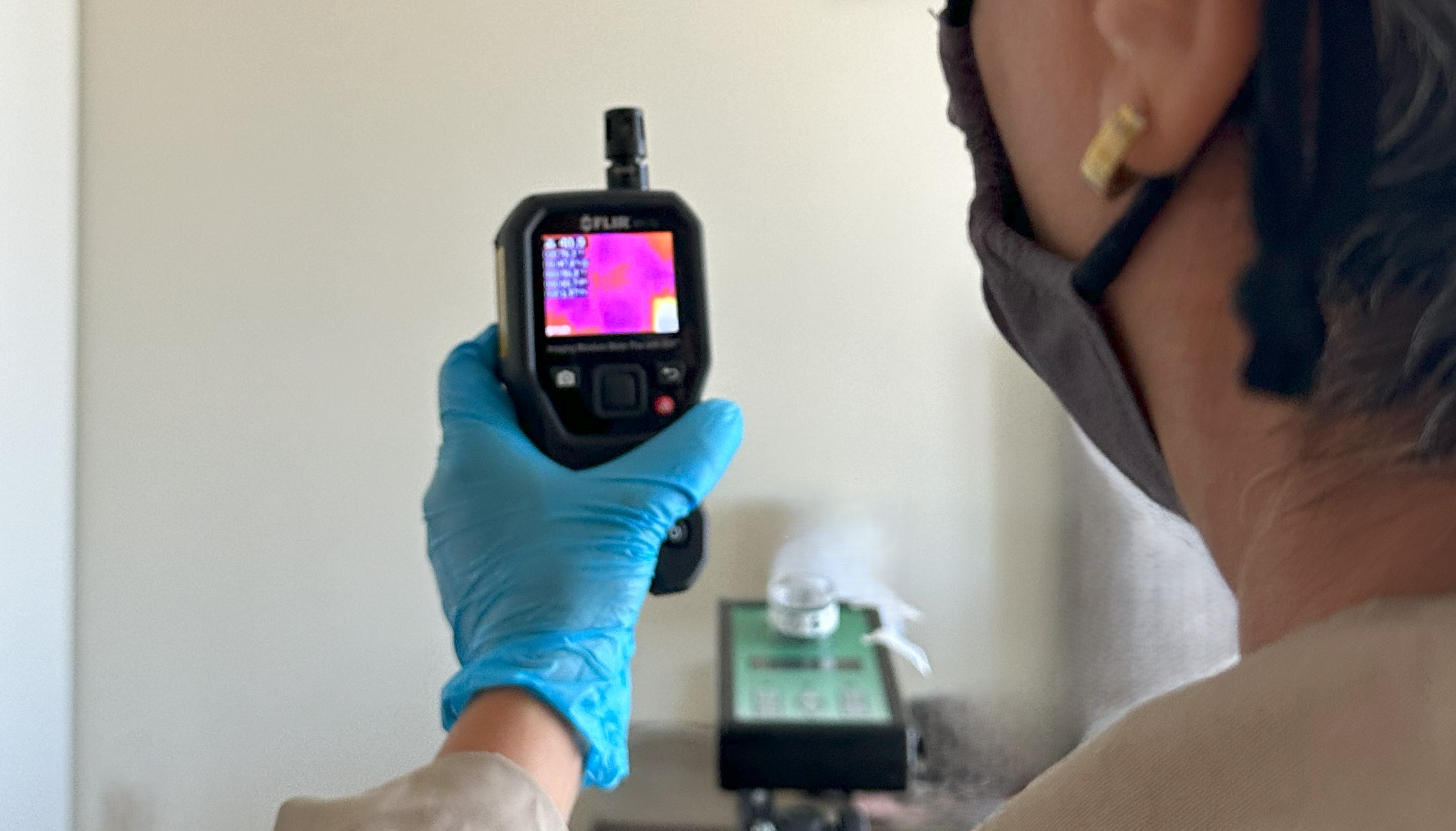Who Needs a Mold Inspection?
Recent Water Damage
After water damage from floods, structural issues, or plumbing problems, schedule a mold inspection post-restoration to ensure no hidden mold. This prevents future reconstruction costs and inconvenience.
Legal Issues
If legal action against a landlord, tenant, home seller, or insurance company is possible, get a mold inspection. Our lab results provide crucial evidence, and we offer expert witness services if needed.
Health Concerns
Persistent health issues like runny nose, itchy eyes, and sneezing may indicate mold presence. Mold exposure affects everyone differently but is particularly harmful to those with allergies, asthma, or respiratory problems.
Visible Growth
Noticing mold on building materials, furniture, or belongings signals the need for an inspection. Visible growth often indicates a more significant hidden issue.
Unusual Odor
Musty, damp, or outdoorsy odors suggest mold. Changes in the environment, such as water and excess humidity, typically accompany mold growth.
Real Estate Transactions
Before buying or leasing a property, ensure it’s mold-free. Foreclosed and vacant homes are especially prone to mold due to lack of temperature regulation. Schedule an inspection to avoid inheriting hidden problems
Can mold cause health problems?
Yes, mold can cause a variety of health issues, including allergic reactions, respiratory problems, and infections. Health effects depend on the mold species, exposure duration, and individual susceptibility. Medical and environmental testing can help identify mold-related health risks.
Why is a mold inspection necessary if I can see mold?
Visible mold often indicates a larger, hidden problem. A professional mold inspection can uncover the extent of the mold growth, identify the mold species, and determine the source of moisture. Comprehensive testing ensures effective remediation and prevents recurrence.
How do doctors test for mold exposure?
Doctors may use a combination of clinical evaluations, patient history, and diagnostic tests such as blood tests, skin prick tests, and mycotoxin tests. Environmental testing of the affected area can also help correlate symptoms with mold exposure.
How quickly can mold make you sick?
The onset of symptoms varies based on the mold type, exposure level, and individual health. Some people may experience symptoms within hours of exposure, while others may develop issues over weeks or months. Continuous exposure can lead to more severe health effects.
What are the long-term effects of mold exposure?
Long-term mold exposure can lead to chronic respiratory problems, persistent allergic reactions, and potentially severe conditions such as asthma, hypersensitivity pneumonitis, and chronic sinus infections. Early detection and remediation are crucial to prevent these outcomes.
How do you know if mold is making you sick?
Symptoms such as persistent coughing, sneezing, nasal congestion, itchy eyes, and skin rashes may indicate mold exposure. If symptoms improve when away from the affected environment, mold may be the cause. Medical testing and environmental assessments are essential to confirm the diagnosis.
